This month, the 17th annual Group of Twenty summit – better known as the G20 – will convene in Bali, Indonesia. An intergovernmental forum comprising 19 countries and the European Union, the annual gathering attracts heads of state and senior government officials from the world’s leading economies. Those in attendance will account for 85% of the gross world product and 80% of world trade.
Broadly recognized as the premier forum for international economic cooperation, the gathering will serve as the culmination of multiple ministerial meetings, working groups, and engaged forums focused on global health, sustainable energy, and digital transformation that have taken place over the past year.
But if you are following the event remotely and have limited bandwidth like me, you’d be wise to focus on the recommendations extending from a two-day session within the broader G20 summit.
The Business 20, also known as the B20, is an annual dialogue held at the annual G20 featuring select members of the global business community – most notably governments and central bank governors from the world’s 20 leading economies but also 2000+ delegates from 69 countries. The mission of the B20 is to support the G20 by serving as a forum for policymakers, civil society, and business leaders at the global level.
The assembly is important because while conflict rages in parts of the world, and peace is brokered in others, business rarely ceases – and it is essential to improved livelihoods, global stability, and human well-being. Increased liberalization fosters not just economic prosperity but also social, cultural, and political ties.
Indeed, when business leaders move with intentionality to expand their operations on a global scale – sometimes across fraught geopolitical and economic landscapes – they help to expand national boundaries and aid in overcoming hardship. Globalization is particularly helpful to nations in times of skyrocketing inflation and during periods of political turmoil – delivering a product that would not otherwise be possible by the public sector in any country alone.
Recommended
Shinta Kamdani, CEO of Indonesian conglomerate Sintesa Group and Chairperson of this month’s B20 Summit, is one such private sector leader. As Vice Chairwoman of the Indonesian Chamber of Commerce and Industry and a founder of Indonesia Business Coalition for Women Empowerment, Kamdani was chosen by the United Nations as one of 30 global corporate leaders to join the Global Investors for Sustainable Development alliance in 2019.
But it’s her concern with the rising specter of protectionism, isolationism, and nationalism that is particularly timely and important today.
“There is really this sentiment of deglobalization at the moment, in part because of the Russia-Ukraine war. Each country is focusing more on itself, on the domestic and on protecting itself. But at the end of the day, we can’t stand on our own, we need globalization,” said Kamdani in a recent interview with The Australian.
In her leadership of the B20, Kamdani’s goal has been to focus on collaboration in the period following the global pandemic that shook the world. “This is what we want to show at B20 – how much engagement, how much collaboration we are doing,” she proclaimed recently.
Though the summit’s priorities run the gamut, Kamdani is focusing her attention on three principal themes that she is giving top billing: The first is prioritizing innovation that unlocks post-pandemic growth; The second is empowering small and medium size companies, acknowledging that such organizations play a crucial role in the global economy and are deserving of support; The third is calling for increased collaboration with businesses in developing countries by spotlighting how the“development gap” is detrimental to the shared priorities of the business community and damages the global economy.
But this isn’t all. Kamdani is additionally tackling matters related to energy, sustainability, and climate policy.“For the G20/B20, energy transition is definitely on our main agenda. Everyone is moving to this transition, though it may take longer than what we would like because of what’s happening currently. We also need to understand the social impact while we’re transitioning. Now it will impact the community, the workers,” she remarked recently.
The B20 Energy, Sustainability, and Climate Task Force, who reports to Kamdani, is also dedicated to these causes, citing the need “to accelerate an inclusive transition to sustainable energy, bearing in mind the need to collaboratively address energy poverty as part of ensuring energy security for all.” In an effort to broaden energy sources to include low-carbon footprint renewables, the Taskforce “seeks to reduce dependencies and volatility associated with coal, oil and gas producers by making alternative energy sources accessible to all, and thereby accelerating the path to inclusive growth.”
These recommendations and others demonstrate promise this year as Kamdani’s unflagging optimism and determination steer the B20 ship: “I am very optimistic that our policy recommendations will bring tremendous contributions to society in the future,” she remarked recently. “The formulation of these policy recommendations was rife with conflicting debates and arguments, which were able to spur the diversity of thoughts and aspirations from more than twenty countries…” she declared with enthusiasm.
Kamdani’s willingness to promote a year-long global dialogue between key stakeholders – including key government, civil society, and business leaders – at a moment of heightened tensions by building consensus and formulating policy recommendations on critical issues speaks volumes about the important role private sector leaders can play in facilitating cross-national collaboration and in aiding economic recovery.
The G20 will be listening. Will you?

















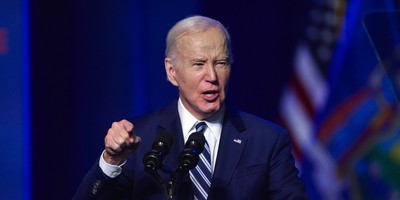
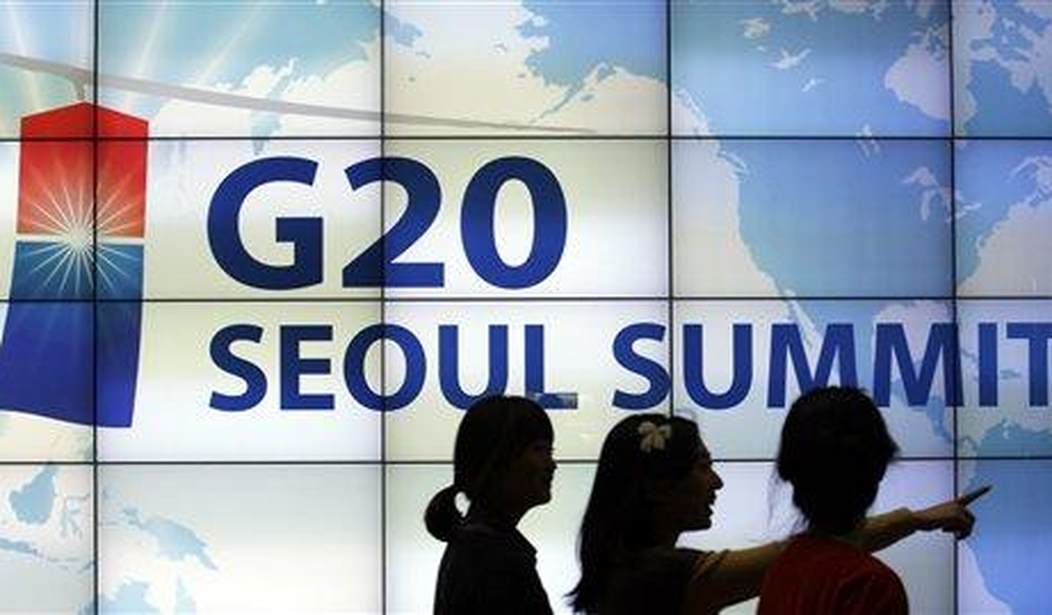
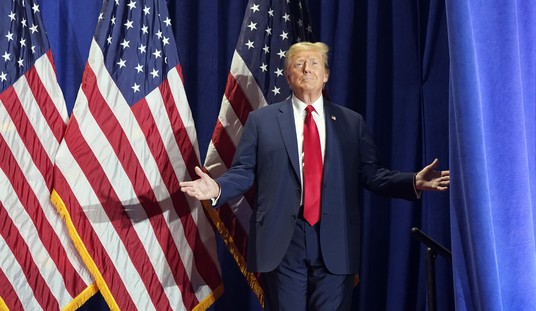

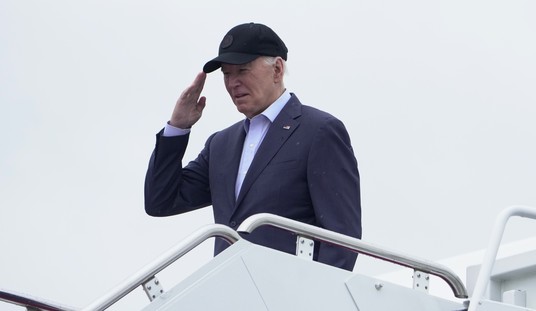


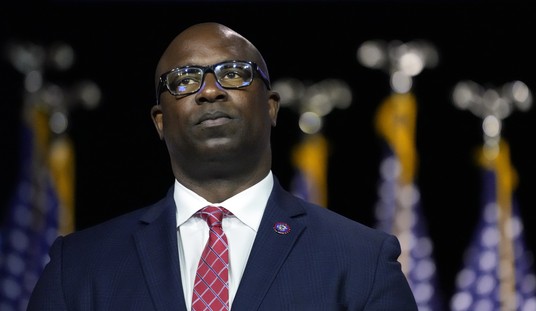
Join the conversation as a VIP Member